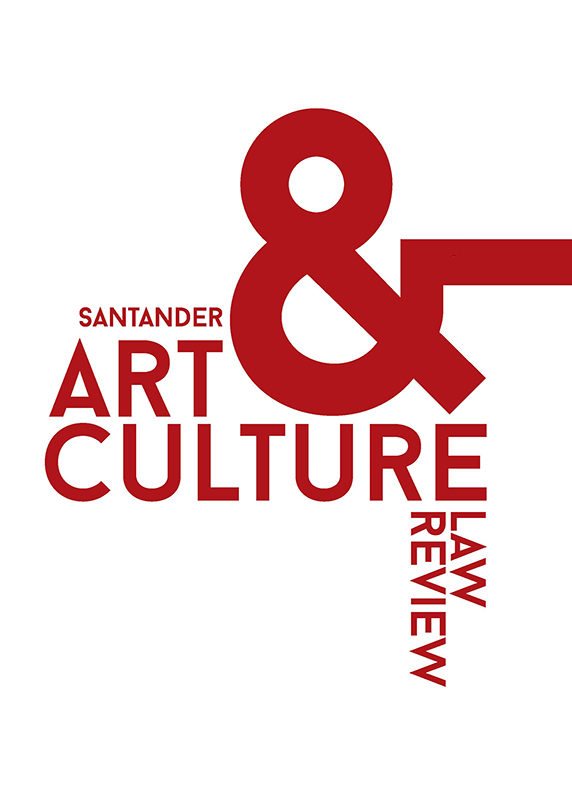Memory and Transitional Justice: Toward a New Platform for Cultural Heritage in Post-War Cyprus
Memory and Transitional Justice: Toward a New Platform for Cultural Heritage in Post-War Cyprus
Author(s): Carlos JaramilloSubject(s): Museology & Heritage Studies, International Law
Published by: Wydawnictwo Uniwersytetu Jagiellońskiego
Keywords: Transitional Justice; cultural heritage; UNESCO; Famagusta; Cyprus
Summary/Abstract: This paper deals with two issues often dismissed when assessing cultural expressions during conflict and post-conflict situations. The first concerns the memories of victims and perpetrators as a resource for cultural heritage identification. The second involves the limitations on institutions trying to incorporate cultural issues into processes and discussions that are mainly political. This dichotomy is also reflected in the UNESCO doctrine. On the one hand, the official narratives endorsed by UNESCO and its Member States dismiss memories (some of which include recollections of conflict) that do not complement or support adopted national narratives. At the same time, UNESCO only honours and recognizes political agreements and actors which are seen as unquestionable and uncontested. Using the specific case of Cyprus, I propose an alternative lens through which to view cultural heritage in conflict and post-conflict areas and situations. In particular, I argue that Transnational Justice offers an effective platform to redress cultural heritage. At the same time I address the two limitations mentioned above.
Journal: Santander Art and Culture Law Review
- Issue Year: 1/2015
- Issue No: 2
- Page Range: 199-220
- Page Count: 22
- Language: English

